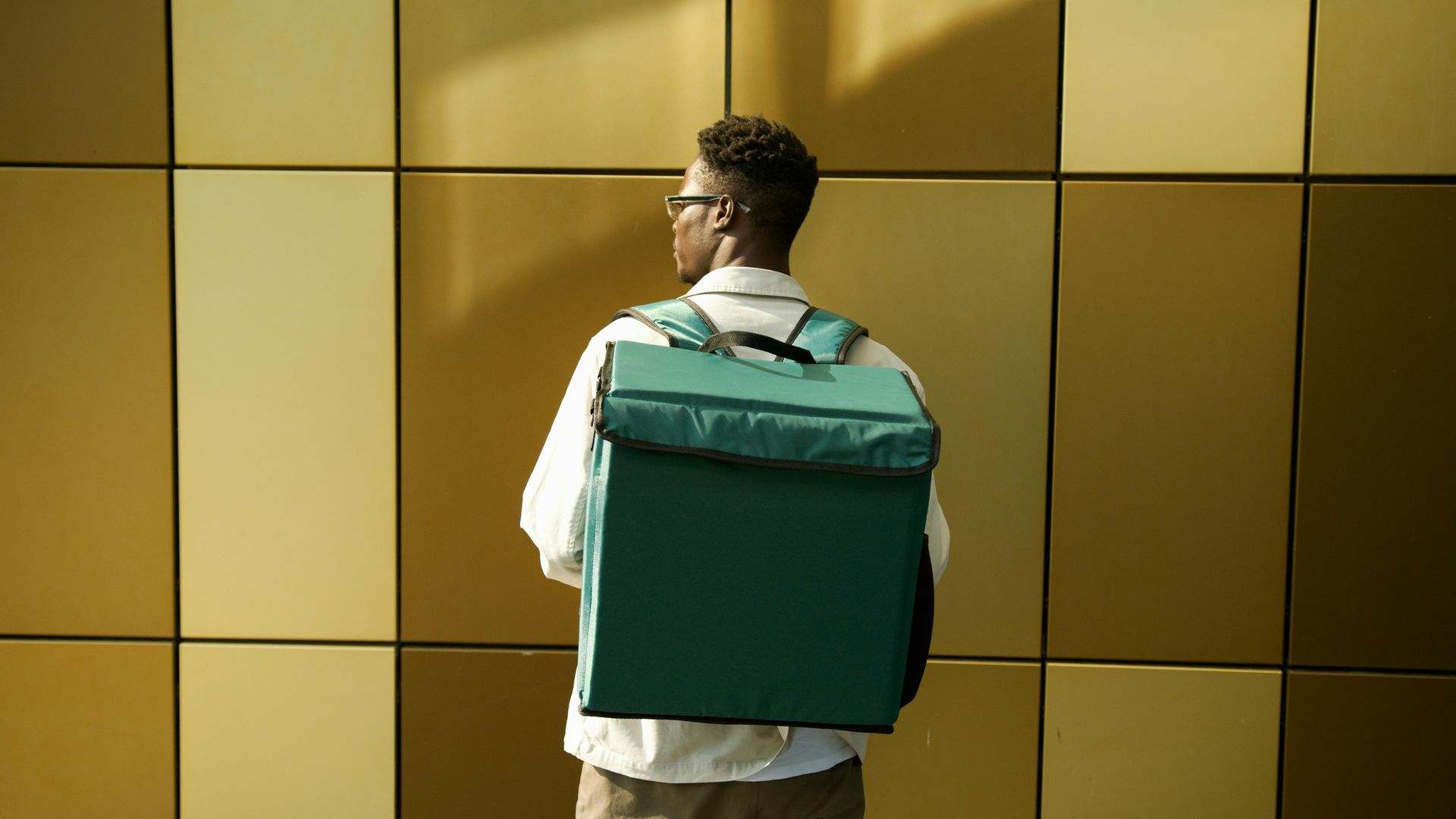Schools Out for Summer: What You Need to Know About UK Schools Closing
Katy Cracknell • March 20, 2020
The recent school closures have raised many questions for parents and carers about whether their children are still eligible to attend. Our Co-Director, Katy Cracknell, answers your questions.

As a lot of individuals transition to working from the home, the prospect of how we juggle this is becoming a reality for a lot of people, highlighted in amusing fashion during a BBC interview
earlier this week where the children well and truly took centre stage!
The Government has asked parents to keep their children at home wherever possible and asked schools to remain open only for those children who absolutely need to attend, but this has caused confusion amongst parents and schools alike. Schools, all childcare settings (including early years settings, childminders and providers of childcare for school-age children), colleges and other educational establishments, remain safe places for children but the message is clear and the fewer children in these establishments the lower the risk that the virus can spread.
So who can and can’t send their children to school from Monday?
The Government have confirmed that vulnerable children and the children of those whose work is critical to the COVID-19 response are entitled to send their children to school.
Vulnerable children include who are supported by social care, those with safeguarding and welfare needs, including child in need plans, on child protection plans, ‘looked after’ children, young carers, disabled children and those with education, health and care (EHC) plans.
Parents whose work is critical to the COVID-19 response includes:
Health and Social Care
This includes but is not limited to doctors, nurses, midwives, paramedics, social workers, care workers, and other front-line health and social care staff including volunteers; the support and specialist staff required to maintain the UK’s health and social care sector; those working as part of the health and social care supply chain, including producers and distributors of medicines and medical and personal protective equipment.
Education and Childcare
This includes childcare, support and teaching staff, social workers and those specialist education professionals who must remain active during the COVID-19 response.
Key Public Services
This includes those essential to the running of the justice system, religious staff, charities and workers delivering key front-line services, those responsible for the management of the deceased, and journalists and broadcasters who are providing public service broadcasting.
Local and National Government
This only includes those administrative occupations essential to the effective delivery of the COVID-19 response, or delivering essential public services, such as the payment of benefits, including in government agencies and arm’s length bodies.
Food and Other Necessary Goods
This includes those involved in food production, processing, distribution, sale and delivery, as well as those essential to the provision of other key goods (for example hygienic and veterinary medicines).
Public Safety and National Security
This includes police and support staff, Ministry of Defence civilians, contractor and armed forces personnel (those critical to the delivery of key defence and national security outputs and essential to the response to the COVID-19 pandemic), fire and rescue service employees (including support staff), National Crime Agency staff, those maintaining border security, prison and probation staff and other national security roles, including those overseas.
Transport
This includes those who will keep the air, water, road and rail passenger and freight transport modes operating during the COVID-19 response, including those working on transport systems through which supply chains pass.
Utilities, Communication and Financial Services
This includes staff needed for essential financial services provision (including but not limited to workers in banks, building societies and financial market infrastructure), the oil, gas, electricity and water sectors (including sewerage), information technology and data infrastructure sector and primary industry supplies to continue during the COVID-19 response, as well as key staff working in the civil nuclear, chemicals, telecommunications (including but not limited to network operations, field engineering, call centre staff, IT and data infrastructure, 999 and 111 critical services), postal services and delivery, payments providers and waste disposal sectors.
If you are covered by any of these categories you should contact your local school for further guidance or the local authority if your local school is closed.
It goes without saying that we are thankful to those individuals who continue to deliver services that will help the national effort to combat this disease. It’s important that we all continue to support each other and follow the governments advice of keeping children at home if at all possible, not relying on grandparents to provide childcare (or those with underlying health conditions) and doing everything we can to ensure children are not socially mixing in a way which continues to spread the virus.
Other posts:

Summer is here and with it comes fresh challenges for employers. From the surge in side hustles to the never ending debate about switching off after hours. In this blog, we’re diving into what these trends mean for your business and sharing practical tips to help you stay ahead and keep your team happy and compliant.


